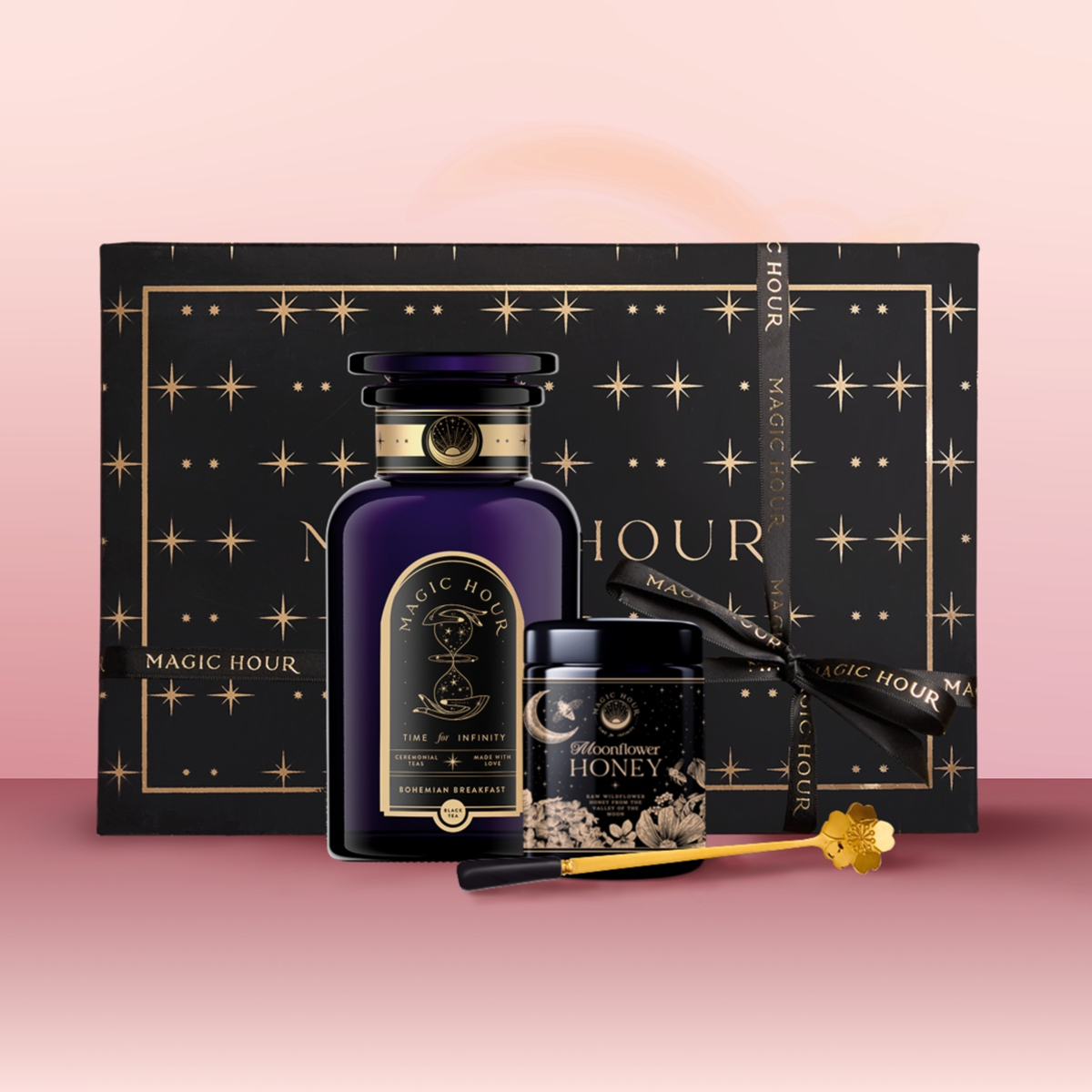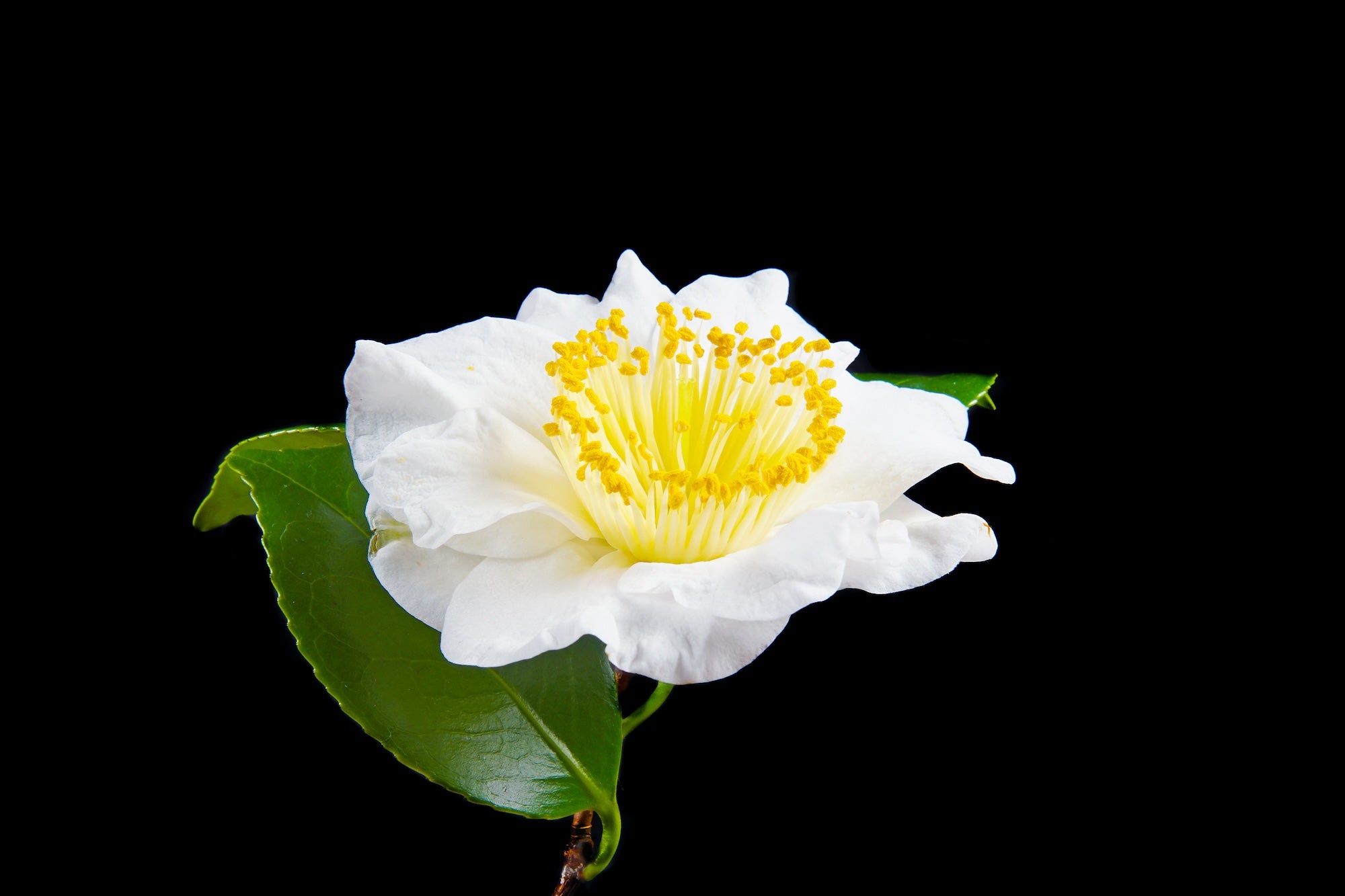Tea is more than just a soothing beverage; it is a powerhouse of health-promoting compounds. Each sip you take is a blend of nature’s most beneficial elements that support and enhance overall well-being.
1. Caffeine: Acts as a stimulant, providing the energizing effects that tea drinkers love.
2. Theophylline: A bronchodilator that helps alleviate asthma symptoms.
3. L-Theanine: An amino acid that promotes relaxation, reducing stress and anxiety.
4. Epigallocatechin gallate (EGCG): A polyphenol antioxidant linked to improved heart health and reduced cancer risk.
5. Polyphenols: Antioxidants with anti-inflammatory and anti-cancer properties.
6. Flavonoids: A type of polyphenol that reduces the risk of cardiovascular disease.
7. Theaflavins: Flavonoids formed during the oxidation of tea leaves that help lower cholesterol levels.
8. Vitamins: Tea is a good source of vitamins such as C, B1, B2, and E.
9. Minerals: Contains essential minerals like potassium, magnesium, and manganese.
Studies show that tea benefits not only our physical health but also our social and emotional well-being. Sharing a cup of tea can deepen relationships, reduce loneliness, and enhance the quality and length of life. Social connections fostered over tea can lead to longer life expectancy, lower stress levels, and better mental health outcomes. Tea can help strengthen bonds, making it an excellent medium for improving overall life satisfaction and health.
The Social and Emotional Benefits of Tea
Tea isn’t just about physical health; it has profound social and emotional benefits. Sharing a cup of tea invites connection, helping to build and deepen relationships. This practice has been scientifically shown to reduce loneliness, increase happiness, and improve mental health outcomes. People with strong social ties often experience lower stress levels, better heart health, and even enhanced immune function.
Growing up, tea was a bridge to my heritage and family stories. My grandmother introduced me to tea with herbs and flowers from her garden, sharing tales of her journey from Ukraine. Tea was not just a drink; it was a medium for connection and storytelling. Similarly, my step-grandmother from Alabama introduced me to sweet tea, opening up about her past. These moments highlighted tea’s unique ability to foster deep, heartfelt conversations.
My Journey with Tea
My journey with tea began with these personal experiences and grew through formal education and exploration. Learning the Japanese tea ceremony in college deepened my appreciation for the ritualistic aspects of tea. Later, studying herbal medicine and participating in tea ceremonies around the world reinforced my belief in tea’s power to connect and heal.
Tea ceremonies have taught me that tea is a “truth serum,” helping people open up and connect on a deeper level. Unlike coffee, which can trigger a fight-or-flight response, tea’s combination of L-theanine and caffeine creates a calming, euphoric effect that enhances social interactions. This makes tea an unparalleled social lubricant, fostering a sense of community and well-being.
Conclusion
Tea, derived from the Camellia Sinensis plant, is a universal connector and healer. Whether it’s white, black, green, or oolong, all tea types originate from this plant, each offering unique benefits. Understanding and appreciating the compounds in tea can enhance our enjoyment and use of this remarkable beverage, making it a staple in promoting both physical health and emotional well-being.







